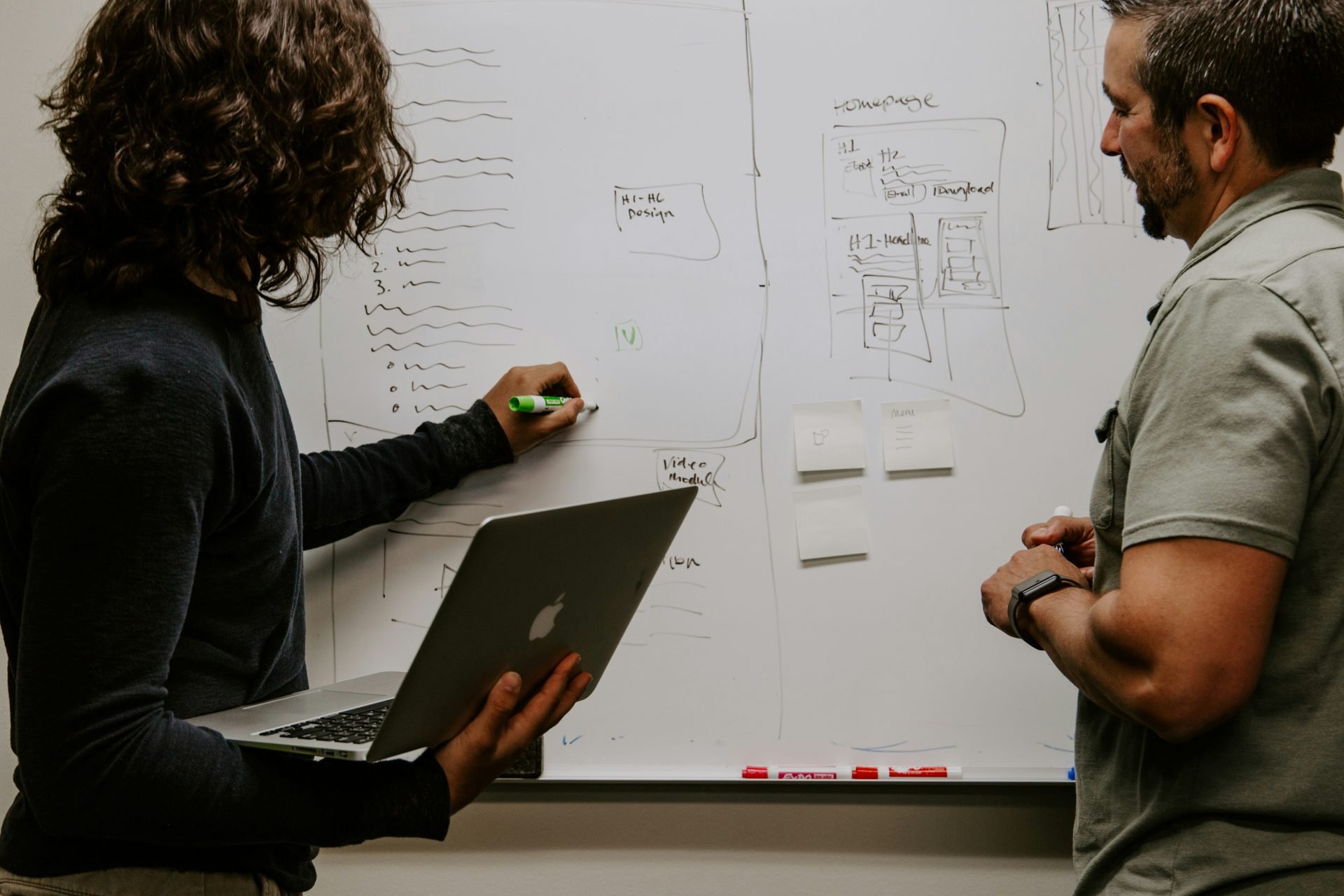by José Valentino Ruiz, Ph.D.
Table of Contents
Abstract
This editorial explores the unseen dynamics influencing entrepreneurial choices, the necessity of financial literacy in arts education, and the importance of respecting both personal and financial considerations when collaborating with creative entrepreneurs.
Keywords: Entrepreneurship, Creative Industries, Financial Literacy, Arts Education, Family Dynamics, Business Decision-Making, Intrapreneurship.
It’s Never a Solo Act
You ever have that moment where you make a big career move—launch a business, sign a deal, take on a risky creative project—and the people closest to you hit you with the classic: “Are you sure?” Maybe it’s your partner, your kids giving you side-eye, or your parents who still don’t fully understand what you do for a living.
Or, if you’re working within a company as an intrapreneur (yes, that’s a thing—innovating within an organization), you might have a boss, board, or team wondering why you’re so passionate about pushing ideas that feel risky.
What people don’t always realize is this: entrepreneurial decisions—big or small—are never made in a vacuum.
Creative entrepreneurs aren’t just making choices for themselves. They’re thinking about their families, their financial responsibilities, community, mentors, industry reputation, and a hundred other things that impact their business moves. The idea of the “lone wolf entrepreneur” who makes bold moves with zero input from others? That’s a myth.
And if you’re working with (or for) an entrepreneur, whether as a collaborator, an executive, or an investor, you need to understand this dynamic. It’ll make you a better business partner, a better leader, and frankly, a better human being.
Your Decisions Are a Family Affair (Even If You Think They Aren’t)
Whether you’re a solo freelancer, running a company, or grinding it out in a corporate role with an entrepreneurial mindset, your decisions ripple beyond you. If you have a family, a spouse, kids, or even just a household to maintain, that factors into everything.
Every risk an entrepreneur takes has a very real-world impact on their loved ones.
- That tour you’re considering? It’s not just about the gig—it’s about the weeks away from home.
- That new startup you’re launching? Your partner might be thinking, “Great, does this mean we’re living off ramen again?”
- That dream project you want to fund? Your kids still need braces.
These are real considerations, and honestly, we need more empathy for that in the industry.
For those who work with entrepreneurs—executives, investors, labels, managers—understand that when an artist, producer, or founder hesitates or negotiates differently than you expected, it’s not because they’re difficult. It’s because they’re managing real-life stakes. If you want to be a valuable partner in business, factor that in.
Advisors: The Hidden Boardroom You Didn’t Know About
Even the most independent entrepreneur has an unofficial board of advisors. No, I’m not talking about a formal business board (though some do). I’m talking about the people in their lives whose opinions actually influence their decisions.
For some, it’s their spouse. For others, it’s their parents, siblings, mentors, or close friends. It might even be their barber (I’ve definitely had barbers drop better business advice than some consultants).
The point is, when you work with an entrepreneur, you’re not just convincing them—you’re indirectly pitching their inner circle. If they’re hesitant about a deal, a project, or an opportunity, it might not be personal. They’re running the decision through the filter of, “How will this affect my people?”
Pro tip: Instead of steamrolling ahead, ask, “Who else needs to be on board for this to make sense for you?” That one question can unlock a smoother negotiation.
The Money Conversation: Stop Pretending It’s Not Important
Let’s talk about money.
For some reason, artists and creative entrepreneurs tend to exist on two extreme ends of the spectrum when it comes to money.
-
The ‘Money Is Evil’ Camp: These are the folks who feel like making money taints the art or mission. They undercharge, overdeliver, and somehow feel guilty for even asking to be paid fairly. (Meanwhile, their landlord does not take exposure as rent.)
-
The ‘Show Me the Money’ Camp: These folks have no problem pricing their work, demanding royalties, and negotiating aggressively—often because they didn’t go through the traditional arts education system that romanticizes struggle. They understand that money is a tool, not a villain.
The reality? Both sides could learn from each other.
Higher ed institutions and arts programs need to do better at teaching financial literacy. Many alumni leave school with amazing artistic skills but zero clue how to negotiate a contract, manage their taxes, or set sustainable pricing. On the flip side, entrepreneurs who naturally chase money also need to remember that long-term sustainability matters just as much as short-term gains.
So, if you’re an educator trying to prep students for the industry, the question is: Are you giving them the financial tools to actually sustain a career? Because if we don’t, we’re setting them up to either struggle financially or be exploited by those who understand money better.

So What’s the Takeaway?
If you’re a creative entrepreneur: Own your reality. Your business decisions aren’t just about you, and that’s okay. Factor in your personal life, and don’t let anyone make you feel guilty for doing so.
If you work with creative entrepreneurs: Understand that their choices aren’t made in isolation. Empathy and awareness will make you a better business partner, collaborator, or employer.
If you’re in education: Teach financial literacy. The next generation of artists and entrepreneurs deserve to enter the industry with both creativity and business acumen.
And finally, no matter which category you fall into: Respect the money. The industry runs on it, and valuing yourself isn’t selling out—it’s setting yourself up for longevity.
Now go forth, make great art, get paid, and remember: entrepreneurship is never a solo act.




Leave A Comment